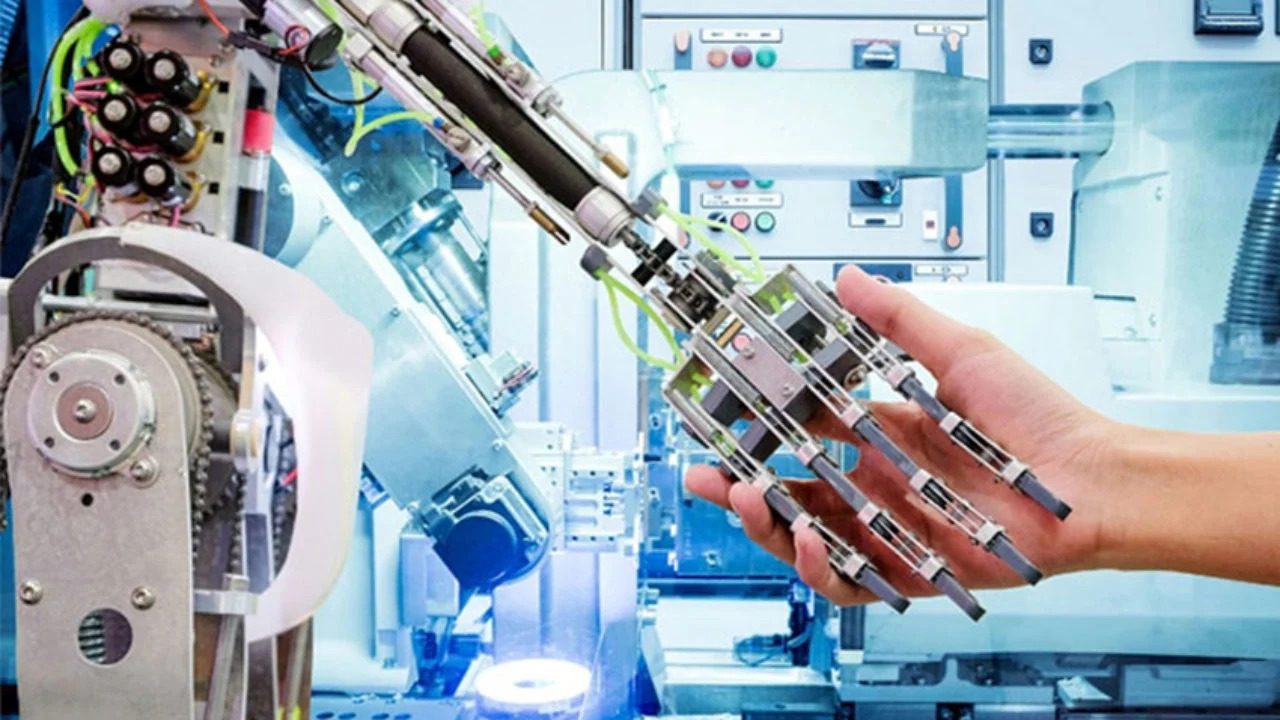AI-driven robots have begun hunting for novel materials without human help, significantly speeding up the discovery process and pushing the boundaries of innovation in areas such as batteries, fuel cells, and superconductors. According to The Wall Street Journal, these robots are part of a fully automated system that operates 24/7 to create new inorganic materials.
Accelerating material discovery
Researchers at the Lawrence Berkeley National Laboratory (LBNL) have combined artificial intelligence (AI) and robotics to address the bottleneck of material synthesis in the Materials Project. By employing AI to predict the best recipe for a desired material and iterating reaction conditions as robots create physical samples, the new setup, called the A-Lab, has managed to synthesize about 100 times more new materials per day than human researchers in the lab.
AI-driven robotic labs have become increasingly common among pharmaceutical companies searching for new drugs and even in some academic materials labs. However, these efforts primarily use liquid precursor compounds that are relatively straightforward to mix and process. Synthesizing solid materials, on the other hand, is a much more challenging task, as it involves experimenting with various combinations of solvents, heat, drying time, and other inputs to achieve the predicted material.
The AI-guided A-Lab
The A-Lab’s AI-driven approach is similar to how traditional chemists work. The AI system generates a plausible synthesis method for a material based on its understanding of chemistry. It then guides robotic arms to select from nearly 200 different powdery starting materials containing elements such as lithium, nickel, copper, iron, and manganese. After mixing the precursors, another robot divides the mix into crucibles, which are loaded into furnaces and mixed with gases like nitrogen, oxygen, and hydrogen. The AI system determines the baking duration, temperature, drying times, and other factors.
With the help of AI-powered robots, material discovery has accelerated, with LBNL’s A-Lab producing more than 40 target materials in just several months. Researchers from the Samsung Advanced Institute of Technology have also reported setting up a computer-driven robotics lab to search for new electronic materials, demonstrating the growing influence of AI in the field of material discovery.













